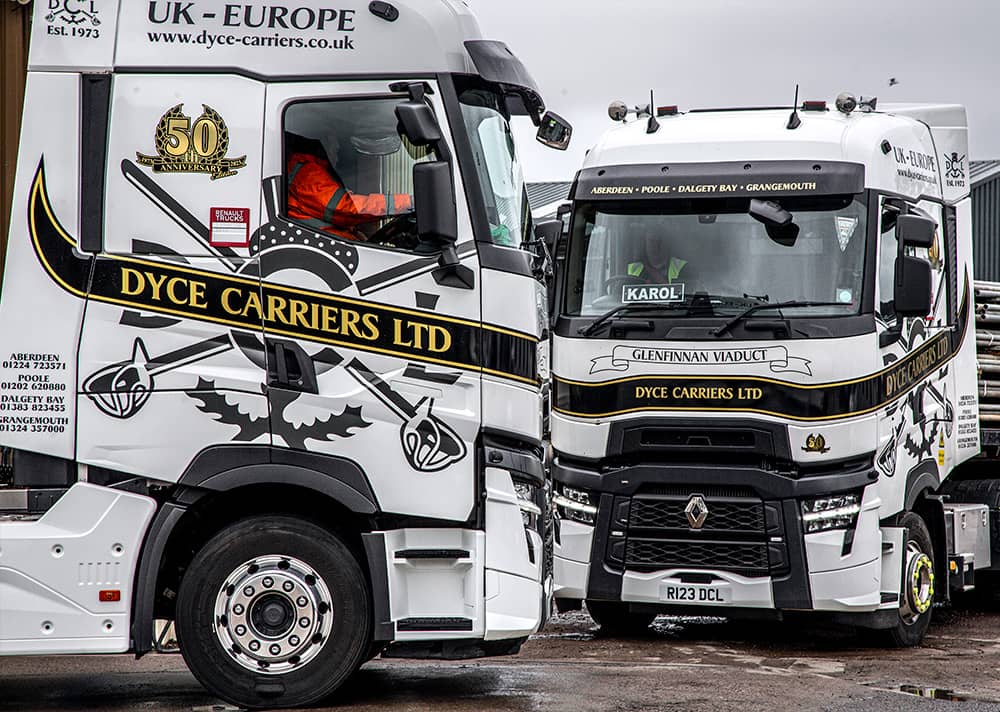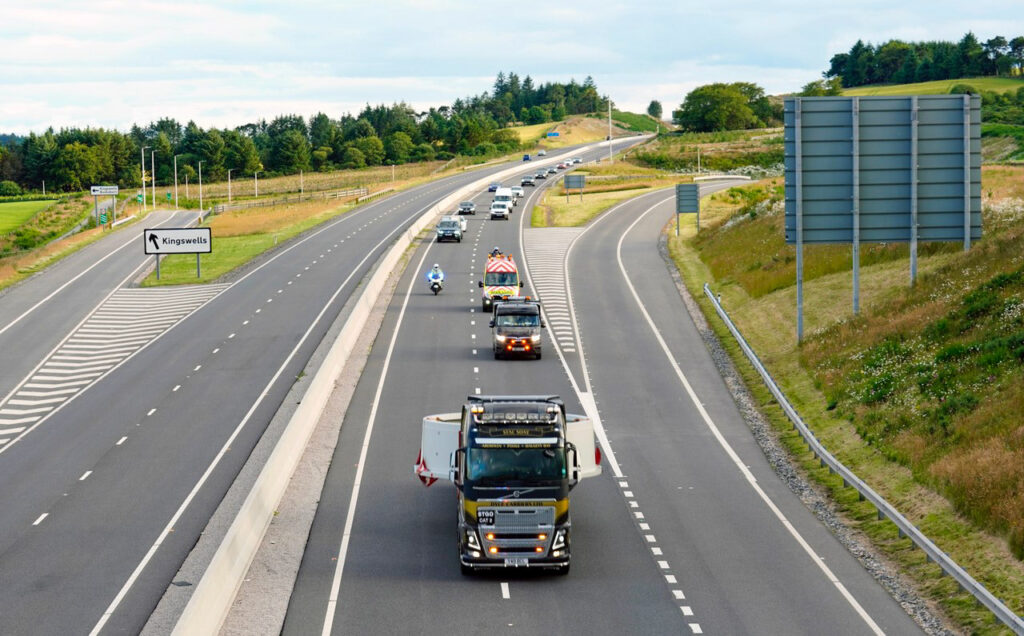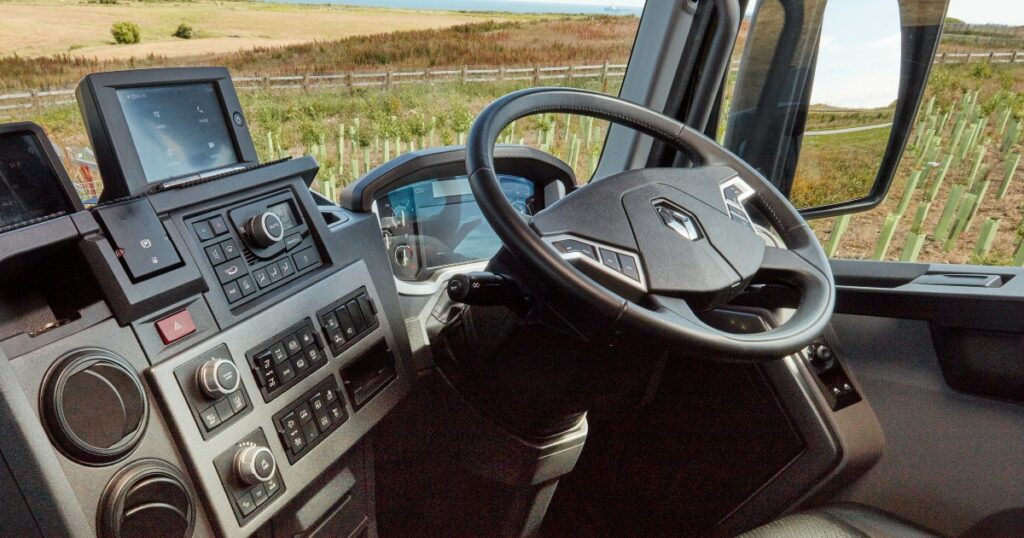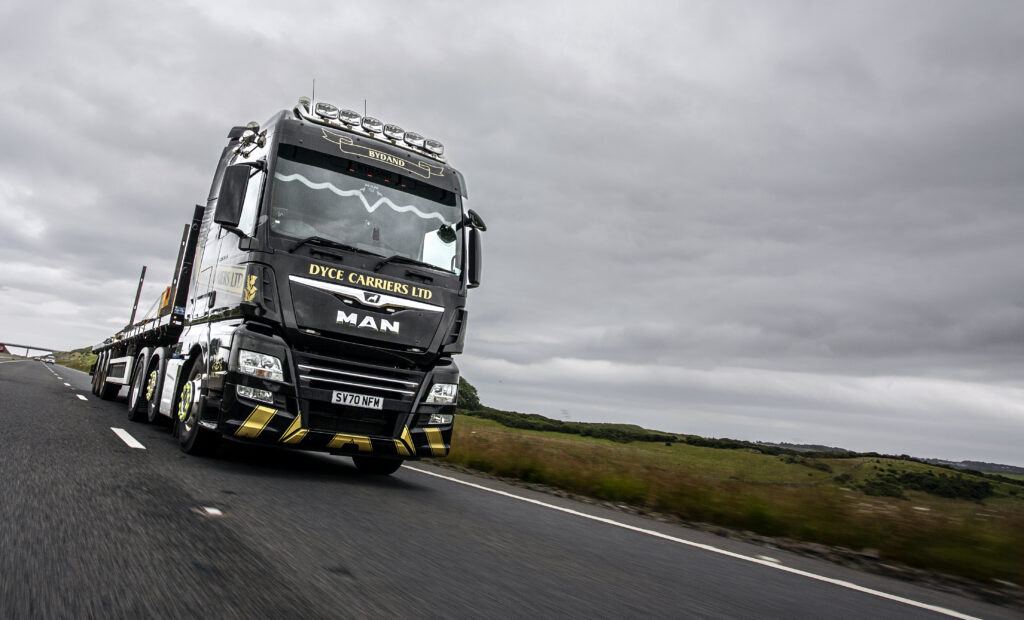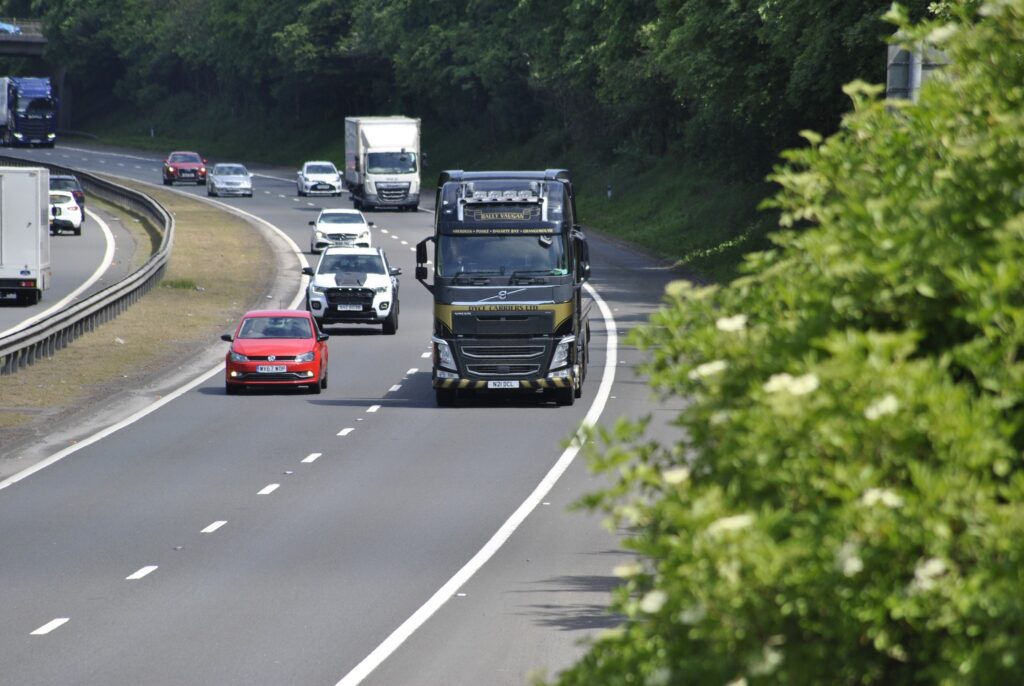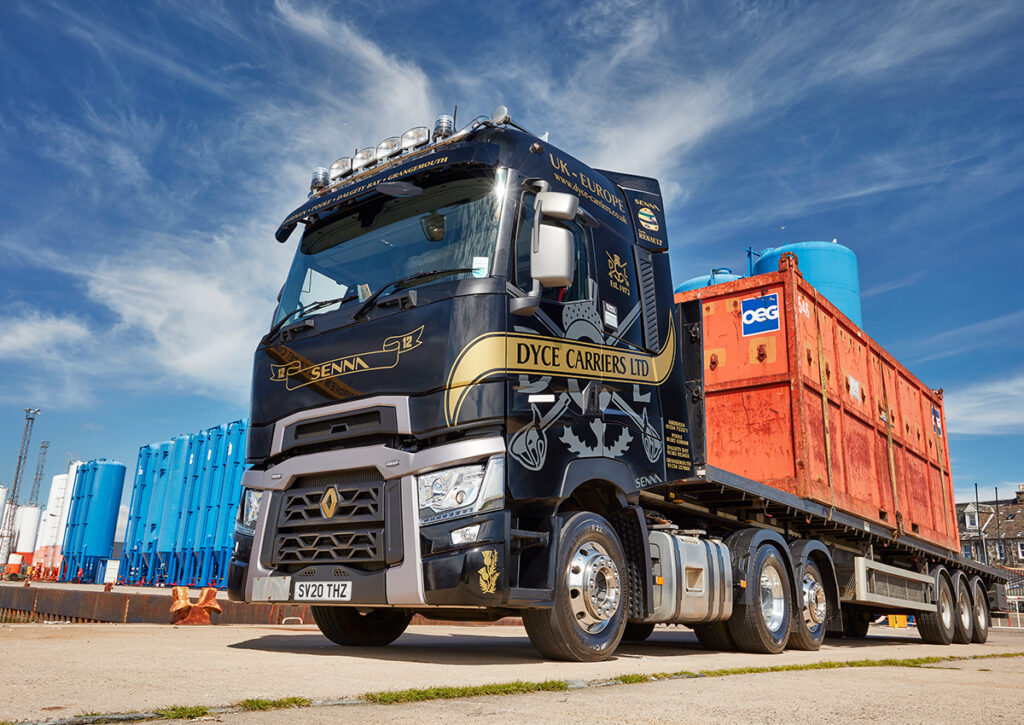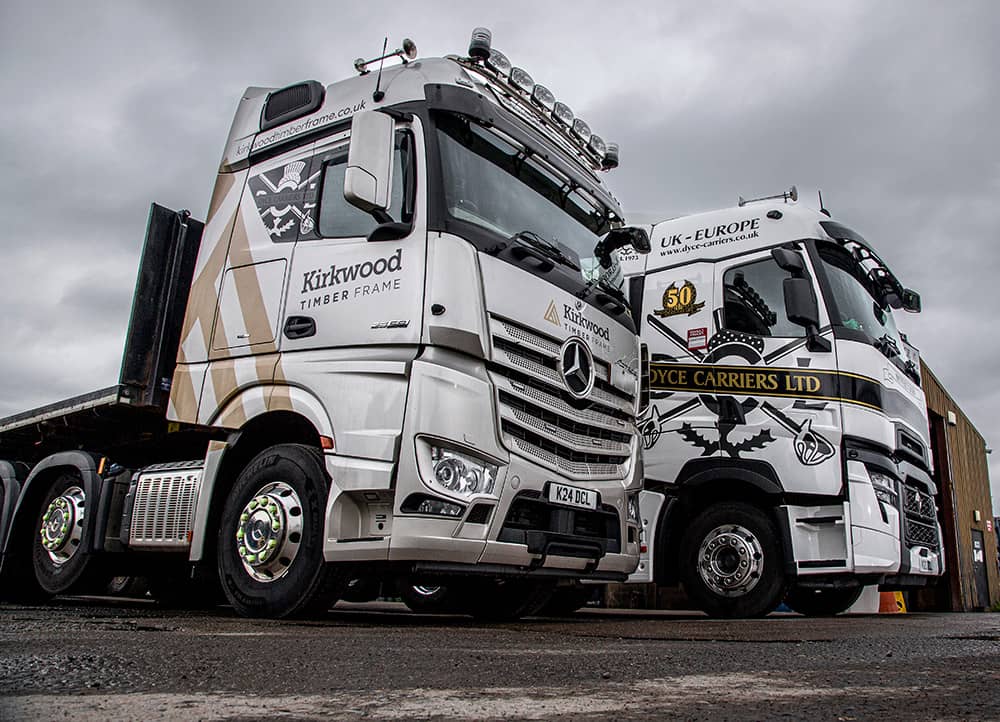Every year there is greater demand for renewable energy sources across every sector of industry. Road haulage is no different, with a drive for more energy-efficient trucks becoming a greater priority for both manufacturers and haulage companies like Dyce Carriers.
Some of the biggest developments that are set to take place across the haulage sector in the next decade will lead to trucks not only being more efficient, but also quieter and more environmentally friendly.
Biofuel
As the demand for alternatives to diesel and hydrocarbons in general, rises, one of the most promising solutions is biofuel. Created from hydrotreatment of vegetable oils (HVO), the result is a substance with a chemical structure very similar to regular diesel, but one that releases 90% less carbon dioxide when used to power a vehicle.
These biofuels come with a large variety of benefits which can make them an attractive alternative to conventional fuel. Being made from renewable materials means that the price of using it as fuel is not linked to the price of oil. This stability and predictability around the price, has a significant advantage when budgeting for a fleet of vehicles.
Additionally, due to the chemical design of these fuels, many of them are completely compatible with diesel engines, meaning that haulage companies wouldn’t need to update their fleet in order to take advantage of this innovation. Truck manufacturer DAF has ensured that all it’s trucks from the newest generation going forward, are totally compatible with HVO.
Having a truck that is compatible with biofuels, but is also still a standard diesel engine means that they can retain the inherent advantages of a diesel engine, such as reliability, durability, operating costs and re-sale value, but at the same time, releases 89% less Co2 into the environment when running on HVO.
However, whilst biofuels such as HVO offer a persuasive and viable alternative to using traditional fossil fuels, the higher cost of purchasing the fuel, and running a fleet of trucks on it, means that this environmentally friendly option is still out of reach for many haulage providers.
Whilst some governments in Europe have introduced incentives and tax breaks to help haulage companies with the transition to HVO, making an important step towards a carbon neutral future, many countries, including the UK, have yet to do so.
Electric trucks
Another alternative to using petrol or diesel for fuel is to use electric engines. Electric vehicles have been in use for decades, and have been growing in popularity since developments in lithium batteries have improved the distance that an electric vehicle can travel on a single charge.
The batteries in modern electric trucks have enough power to allow travel of up to 300 km, with fast charging that can be used to re-power the batteries during loadings and unloading.
Amongst other big truck manufacturers, DAF is again blazing a trail in the electric truck sector. They currently have two fully electric trucks on the market. Intended mostly for inner city distribution, where silence and low emissions are particularly critical. The DAF LF electric innovation truck features a 195kW/266 HP electric motor, which is powered by a battery pack of up to 222kWh, which means it has a range of 220 kilometres, when the truck is fully laden.
Additionally, electric motors come with significant advantages over conventional engines. Due to the nature of the engine, electric vehicles are very responsive and have very good torque, making them safer and easier to drive. Moreover, electric engines have a smaller number of moving components within the actual engine, compared to traditional internal-combustion engines, which contributes to a lower maintenance cost as well as decreasing the likelihood of a breakdown.
However, despite these advantages, there are still issues that hold electric trucks back from becoming the staple vehicle of the industry.
There is still not enough capacity in even the most advanced lithium batteries to allow for uninterrupted, country-wide trunk routes to be completed by electric vehicles, without having to stop and recharge.
The technological advances do represent a step in the right direction though. In the coming decades, as this technology is developed further, we may see a wide variety of new improvements made to batteries and power efficiency, making electric trucks that can travel the length of the country un-interrupted, a reality.
Gas-to-liquid
While not a completely carbon neutral method of creating fuel, a half-way step towards a more renewable future may be in form of gas-to-liquid fuel. Gas-to-liquid or GTL is a process where natural gas -the least polluting fossil fuel- is converted into high quality liquid fuel which would otherwise be made from crude oil.
One of the main advantages of this type of fuel is that they contain almost none of the impurities found in crude oil, such as sulphur or nitrogen. This in turn means that when it is burned in order to power a vehicle, less airborne pollutants are released, making it less harmful to the environment and significantly less toxic.
Much like biofuel, the fuel that is created through GTL is already compatible with diesel engines and thus requires no switch over of equipment for haulage companies. Additionally, due to the higher cetane number of GTL fuel, using it in trucks can lead to better starting performance in cold conditions.
Whilst GTL represents another more environmentally friendly source of fuel for the haulage industry, it may be sometime in the future before we see Dyce Carrier’s trucks benefit from this technological advancement. Currently there is limited production for this type of fuel, and while this is expected to change in the future, there is currently no scope for distribution to trucks in the UK.
Conclusion
While there is still progress to be made on each of the technological fronts that this article has covered, inroads have been made with alternative and renewable power clearly becoming an achievable goal for the road haulage industry. While there is still a length to go, it is clear that the future of road haulage is bright.

